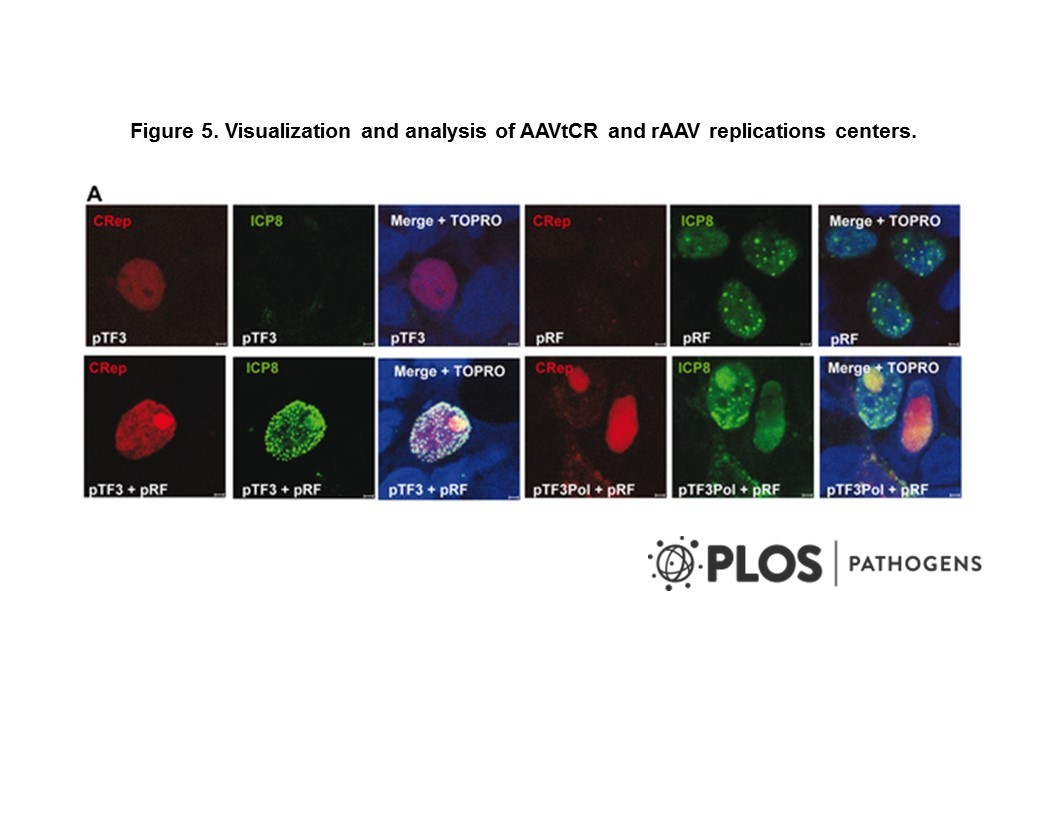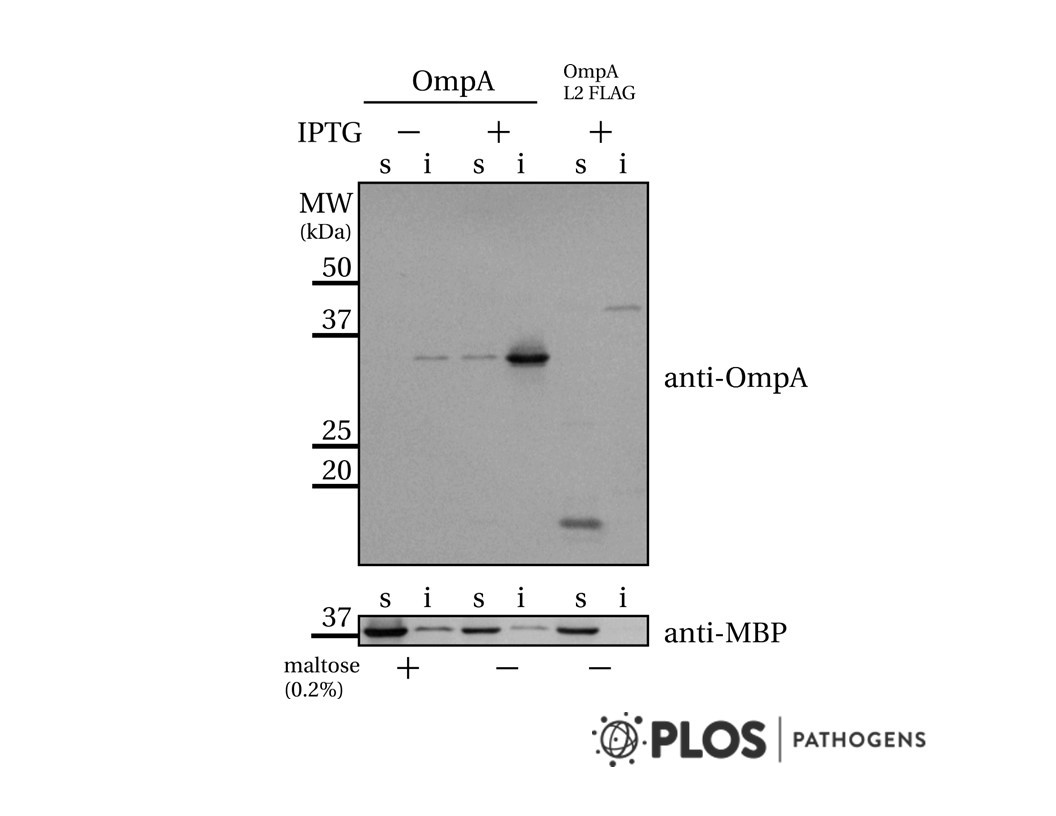Cat. #153178
Anti-Acetyl SMC3 [DP4.1]
Cat. #: 153178
Sub-type: Primary antibody
Unit size: 100 ug
Availability: 10-12 weeks
Target: Acetyl SMC3
Class: Monoclonal
Application: WB
Reactivity: Xenopus laevis
Host: Mouse
£300.00
This fee is applicable only for non-profit organisations. If you are a for-profit organisation or a researcher working on commercially-sponsored academic research, you will need to contact our licensing team for a commercial use license.
Contributor
Inventor: Julian Gannon
Institute: Cancer Research UK, London Research Institute: Clare Hall Laboratories
Tool Details
*FOR RESEARCH USE ONLY
- Name: Anti-Acetyl SMC3 [DP4.1]
- Clone: DP4.1
- Tool sub type: Primary antibody
- Class: Monoclonal
- Conjugation: Unconjugated
- Molecular weight: 141 kDa
- Reactivity: Xenopus laevis
- Host: Mouse
- Application: WB
- Description: SMC3 is a central component of cohesin, a complex required for chromosome cohesion during the cell cycle. The cohesin complex may form a large proteinaceous ring within which sister chromatids can be trapped. At anaphase, the complex is cleaved and dissociates from chromatin, allowing sister chromatids to segregate. Cohesion is coupled to DNA replication and is involved in DNA repair. The cohesin complex plays also an important role in spindle pole assembly during mitosis and in chromosomes movement.SMC3 is unacetylated in egg extracts. It is only acetylated in chromatin preparations from extracts where the DNA has replicated.
- Immunogen: Synthetic peptide - EEVSLRRVIGAKacetyl Kacetyl DQYFLDKK
- Recommended controls: Xenopus chromatin extract
Target Details
- Target: Acetyl SMC3
- Molecular weight: 141 kDa
- Tissue cell line specificity: Xenopus chromatin extract
- Target background: SMC3 is a central component of cohesin, a complex required for chromosome cohesion during the cell cycle. The cohesin complex may form a large proteinaceous ring within which sister chromatids can be trapped. At anaphase, the complex is cleaved and dissociates from chromatin, allowing sister chromatids to segregate. Cohesion is coupled to DNA replication and is involved in DNA repair. The cohesin complex plays also an important role in spindle pole assembly during mitosis and in chromosomes movement.SMC3 is unacetylated in egg extracts. It is only acetylated in chromatin preparations from extracts where the DNA has replicated.
Applications
- Application: WB
Handling
- Format: Liquid
- Concentration: 0.9-1.1 mg/ml
- Unit size: 100 ug
- Storage buffer: PBS with 0.02% azide
- Storage conditions: -15° C to -25° C
- Shipping conditions: Shipping at 4° C


![716096f1-c17e-4536-9cb4-44c97821fc3f.jpg Figure. Immoblots using Anti-Acetyl SMC3 [DP3.1]; Anti-Acetyl SMC3 [DP4.1] and Anti-SMC3 [DJ5.2.3]. DJ5.2.3 immunoblots all forms of SMC3 while DP3.1 and DP4.1 immunoblots only the Acetyl SMC3.](https://cancertools.org/wp-content/uploads/716096f1-c17e-4536-9cb4-44c97821fc3f.jpg)



